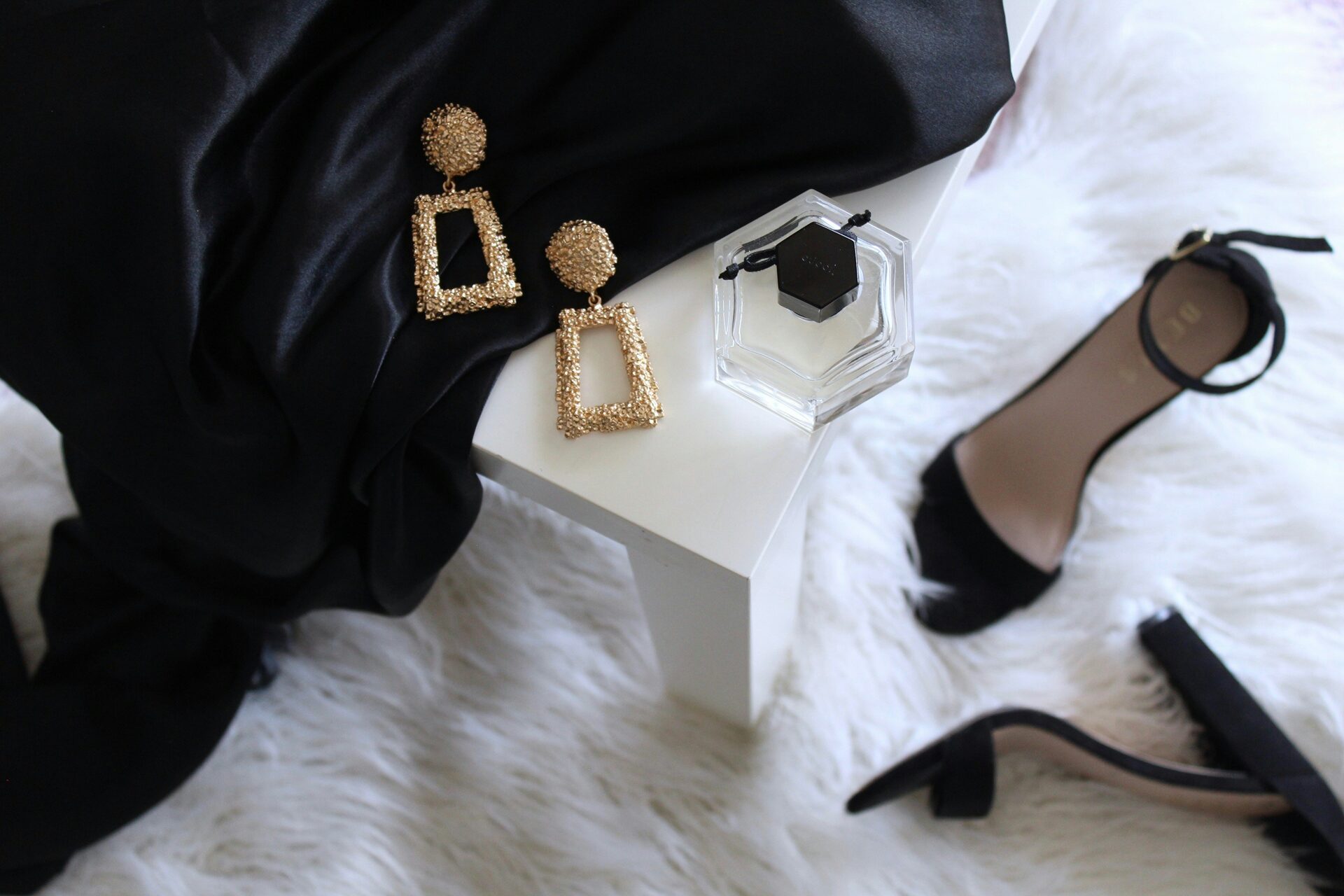In recent years, the younger generation has been captivated by the rise of fast fashion and “dupes”— cheaper imitations of more expensive goods. Savanta’s MillionaireVue Omnibus, which surveyed 500 millionaires in Q3 2024, noticed that younger luxury buyers are beginning to turn their backs on dupes, with less than 1 in 10 choosing brands known for their designs being copied, compared to 1 in 2 saying they were open to Dupes in Q1, 2024. Previously, wearing an imitation brand was frowned upon, but today’s youth have embraced the affordable, alternative that fast fashion provides, often seeing it as the savvy choice. The reality is that dupe brands offer accessible fashion and accessories that many more can afford, making dupes the perfect way to access the cultural codes of the luxury brands that are often the subject of dupe culture.
So, why are Gen Z’ers still choosing to abandon dupes?
60% of 18–34-year-olds consider a brand’s authenticity and adherence to its values as one of the top three factors when choosing a luxury fashion brand, significantly more so than any other age group.
In an era dominated by social networks and multiple points of contact, brand communication and the celebrities who represent it remain powerful levers for introducing young people to luxury. The influencers brands choose to partner with, the types of content they engage with on social media, and their stance on social issues are all critical factors that the younger generation evaluates to ensure alignment with their own core values. Around 1 in 5 prefer a deeper connection with the brands they buy from, as opposed to quicker, more transactional purchases, meaning brands that can be easily duped lose their authenticity in the eyes of these discerning consumers.
Sustainability concerns:
Additionally, wealthy Gen Z’s are deeply concerned about sustainability. They often try to incorporate sustainable behaviours into their everyday lives—scaling from smaller actions like recycling more regularly to significant lifestyle changes such as choosing different modes of transport to reduce their carbon footprint. Over a third of 18–34-year-olds are classified as ‘committed changemakers,’ ( data from Savanta Eco Segmentation, 2023) holding positive internationalist views and left-leaning values surrounding sustainability. With awareness surrounding sustainability continuing to grow amongst this generation, fast fashion brands and the dupes they produce will intuitively become less attractive to this audience.
An example of these significant shift in values is influencer Molly-Mae Hague. After gaining fame on “Love Island,” she collaborated with the fast-fashion brand PrettyLittleThing, known for its trendy, affordable, and often disposable fashion. This partnership perfectly matched the Gen Z appetite for quick, accessible fashion pieces at that time. In recent days, Molly-Mae has built on her success and founded her own brand, Maebe, which embodies authenticity, quality, and timeless appeal—values that we know resonate deeply with Gen Z. This stark contrast to the fast fashion ethos that initially launched her career represents both the personal and professional growth of the influencer, reflecting her increased awareness of the environmental and social impacts of fast fashion as well as the desire to invest in “quiet luxury” but at an affordable price. Her journey resonates with many in her generation, who are also seeking more meaningful and responsible fashion choices.
Quiet luxury:
The increasing interest in “quiet luxury” amongst Gen Z can be seen by many influencers wearing brands that embody this phenomenon including Celine. Celine are accessing the Gen Z audience in a number of ways; through their choice of models, Kaia Gerber modelled their spring collection this year, and is a well-known brand ambassador. They also embrace the power of social media, bringing in TikTok star Noen Eubanks into its campaign, touting him as a ‘teen idol’ known for his influence and sway over younger audiences. This trend towards understated elegance and durable quality contrasts sharply with the logo-centric, disposable nature of fast fashion and their dupes, appealing to young consumers’ growing desire for authenticity and sustainability.
Ultimately, the shift away from dupes among Gen Z reflects broader changes in values and aspirations. This generation is looking for brands that align with their commitment to sustainability, authenticity, and deeper connections. Influencers like Molly-Mae Hague exemplify this transition, as their personal and professional growth mirrors the evolving priorities of their audience. By embracing “quiet luxury” and sustainable practices, Gen Z is setting a new standard for the fashion industry, one that prioritizes meaningful, responsible choices over mere affordability and trendiness.









